Indian component companies foresee huge potential in Egypt
ACMA, the apex body of the Indian auto component industry, has returned from its first-ever buyers-sellers meet, held in Cairo on June 7-8, with many takeways.
ACMA, the apex body of the Indian auto component industry, has returned from its first-ever buyers-sellers meet, held in Cairo on June 7-8, with many takeways.
A key spin-off is the large market potential seen in Egypt for Indian component suppliers for both the automotive aftermarket and for supplies to vehicle manufacturers. Egypt tops the list of auto manufacturing nations in the Middle East and North Africa in terms of vehicle production. It is also the hub for component exports, particularly to Africa and the Middle East, as well as to Eastern Europe.
“Given the strong growth of the auto industry in India and Egypt, it was therefore natural to seek partnership opportunities for mutual gain and collective benefit,” says Vinnie Mehta, director general of ACMA, who participated in the meet. He finds the Egyptian market to be very vibrant and equally keen to associate with Indian companies for future projects.
Bajaj Auto already has a presence in the country in both two-wheelers and three-wheelers through its local assembly operations undertaken by Ghabbour Auto, the largest vehicle assembler, importer and distributor in Egypt. Ghabbour Auto also assembles cars for carmakers like Hyundai, Mazda and Geely Automotive Holding of China and distributes them in the Middle East and Africa.
Another vehicle assembler, the Bavarian Auto Group assembles and markets BMW cars in the local market.
The automotive industry in Egypt, which is a smaller country with a population of 97 million, is marked by predominantly vehicle assemblers for global automakers. Mehta says B-segment cars dot the Egyptian market. Earlier Mahindra & Mahindra also had an assembly unit in Egypt but that facility has now been discontinued albeit the company sells its Scorpio SUV there.
Egypt has witnessed significant growth of 24 percent in sales of passenger vehicles in 2014, with car sales growing from 220,000 units in 2013 to 273,500 units in 2014. Commercial vehicles have also experienced an uptick of 20 percent from 63,000 units in 2013 to 75,600 units in 2014, according to the Organisation Internationale des Constructeurs d'Automobiles (OICA). Over 53,00,000 passenger vehicles and CVs ply on Egyptian roads, which opens up a large aftermarket potential for prospective component suppliers. Therefore, ACMA plans to repeat the buyer-seller meet annually in Egypt taking a leaf from its first venture into the country.
Interestingly, Egyptian government authorities, who were present at the event, made some proposals to the Indian delegation offering a manufacturing zone in the country. The country already has a similar zone for Chinese companies there. Some incentives like free land and economical labour costs were also offered for setting up a base in the country but Mehta says that ACMA will have to compare the offer with other regions to evaluate which is the most lucrative. He, however, adds that there was no concrete proposal from the Egyptian government.
Potential hub in Egypt
For Indian suppliers, Egypt could serve both as an export and logistics hub in tapping new markets of Africa, Europe and Turkey. Egypt has a Free Trade Agreement with Europe and Turkey as well as with the entire Africa region.
This will enable Indian suppliers to supply to both the domestic Egyptian market as well as value add and export to other North African and European countries including the Middle East, leveraging it as a base. Already the Automechanika aftermarket trade fair has made an advent into South Africa and last year a reverse buyer-seller meet from African countries was held in India. Exports have also been rising to South Africa from India as it is a new sweet spot for industry.
The Egyptian auto components industry in turn comprises spare part dealers, distributors, importers and assemblers of cars, trucks and motorcycles with the country importing 60 percent of its components. This presents Indian players with a huge upside opportunity to grow their exports from the existing eight percent (which aggregates to about $ 70 million), opening vast opportunities in the North-East African markets.
ACMA’s recent buyers-seller meet is, therefore, being viewed as an opportunity to boost business prospects and opportunities for strategic investments and alliances between the automotive and auto component industries of the two countries.
The event saw a varied range of Indian auto parts being showcased. They encompassed body and structure parts, engine and exhausts, suspension and braking, transmission and steering, electrical and electronics and rubber products from over 40 leading Indian auto component manufacturers. These included Delux Bearings, Emdet Jamshedpur, Endurance Technologies, Indication Instruments, Jamna Auto, Shriram Pistons & Rings, Stork Rubber Products, Talbros Automotive Components, Valeo Friction Materials India and Minda Industries.
Ramesh Suri, president of ACMA , sums up the event by saying, “The Indian auto component industry recorded close to 17 percent growth in exports in the first nine months of FY 2014-15, scaling $ 8.42 billion. While the final data for fiscal 2014-15 is awaited, overall growth of the auto component sector is expected to be in the range of 8-10 percent. As an industry, we have envisioned a three-fold jump in the turnover of the sector by 2020, to touch $100 billion, mainly driven by focus on high-quality products and cost-competitive manufacturing. We expect exports to be in the range of $30-40 billion while turnover from overseas assets of Indian component manufacturers is expected to cross $20 billion.”
Hence, ACMA is exploring a longstanding engagement in this market which will not only give Indian companies access to the Egyptian auto industry to superior price competitive components matching global standards, but will also help them to engage with Indian manufacturers to forge long-term business linkages. Simultaneously, it will strengthen bilateral relations between the two countries ensuring gainful business outcome in the long run.”
RELATED ARTICLES
Bosch hydrogen engine tech-powered truck to be on Indian roads this year
The global supplier of technology and services is betting big on both electromobility and hydrogen. While announcing the...
IIT Bombay inaugurates Arun Firodia Research Floor
IIT Bombay, one of India’s top technical and research institutions, honours Kinetic Group chairman Dr Arun Firodia, one ...
Maruti Suzuki expands capacity at Manesar plant by additional 100,000 units
New assembly line at Plant A expands total manufacturing capacity at the Manesar plants to 900,000 units per annum. Alon...





 17 Jun 2015
17 Jun 2015
 5614 Views
5614 Views



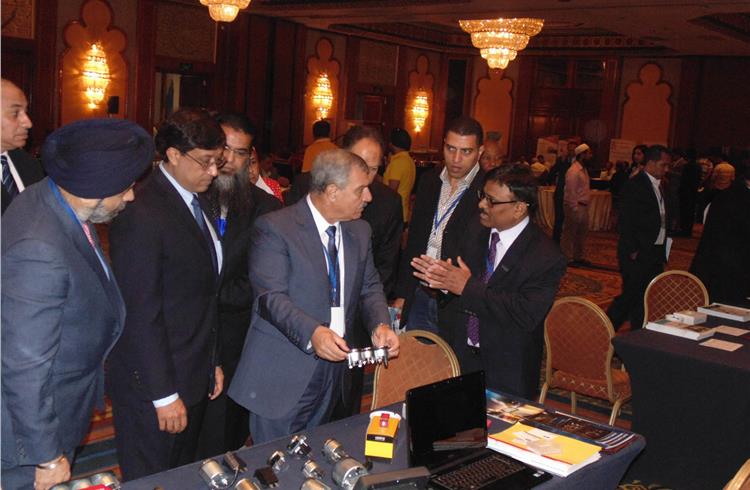
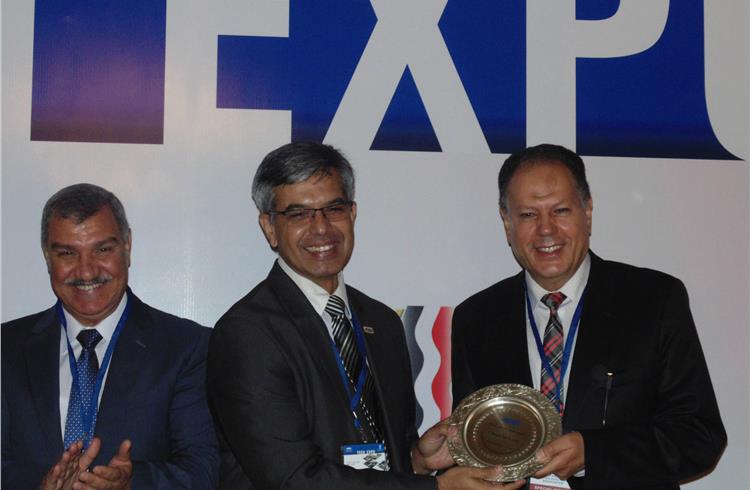
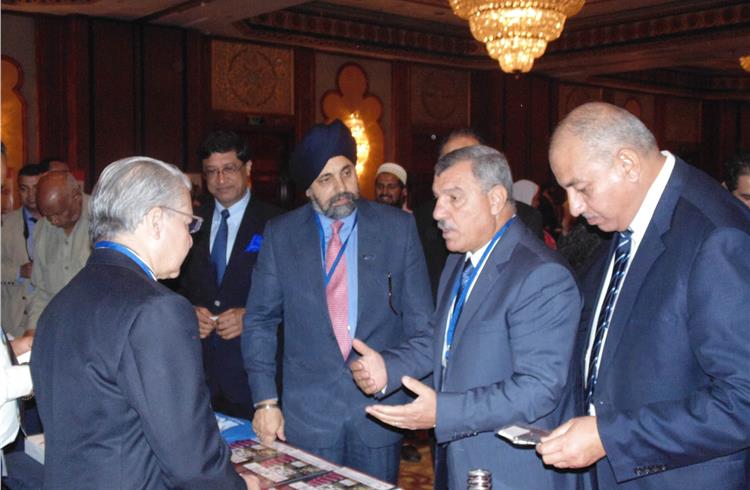
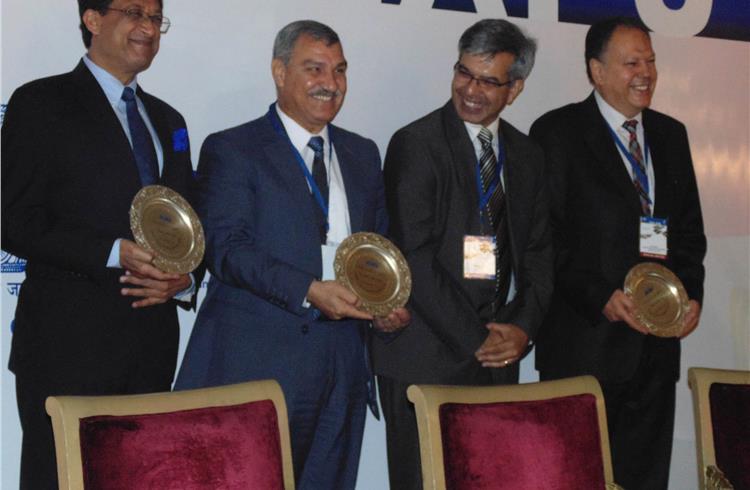
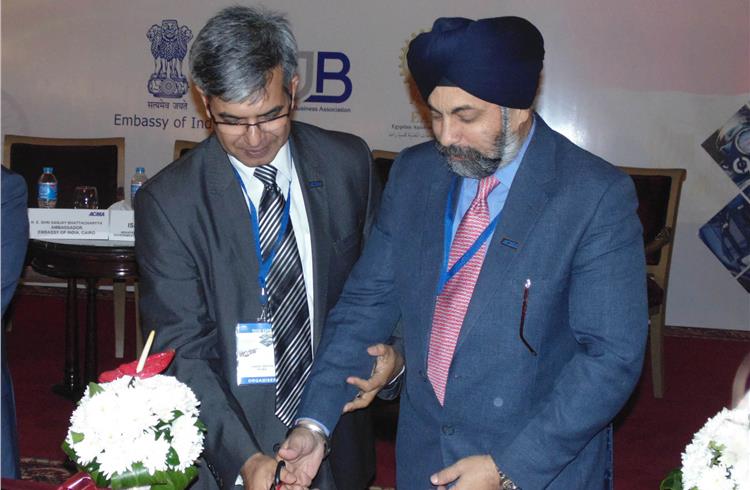
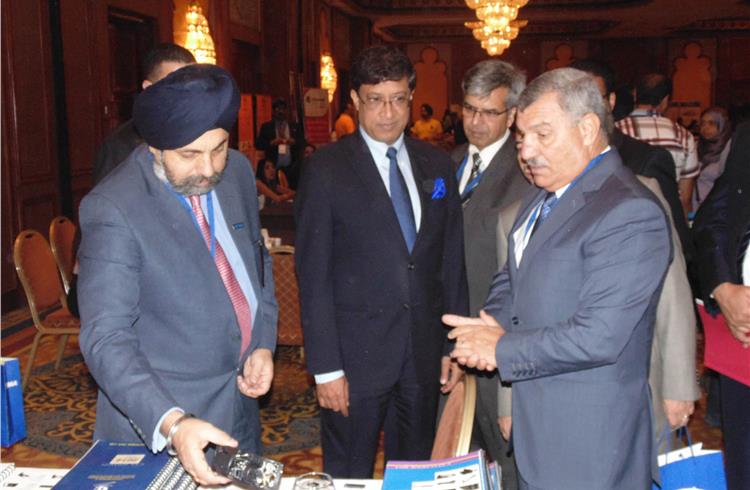
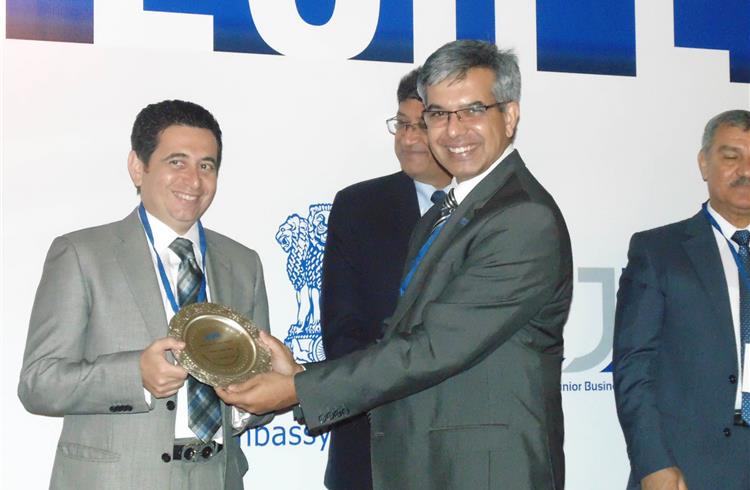
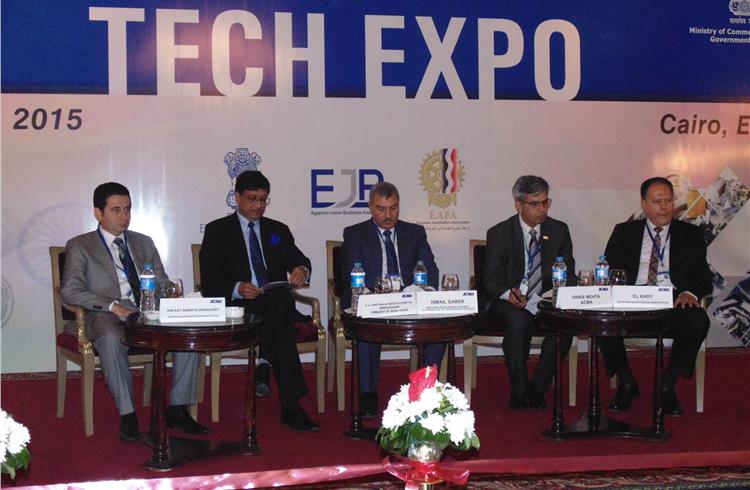
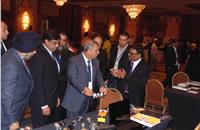
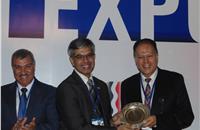
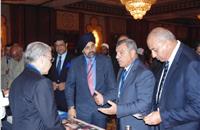
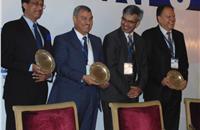
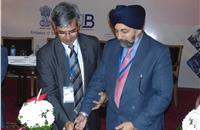
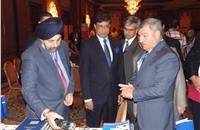
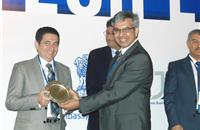
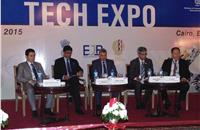

 Autocar Pro News Desk
Autocar Pro News Desk




